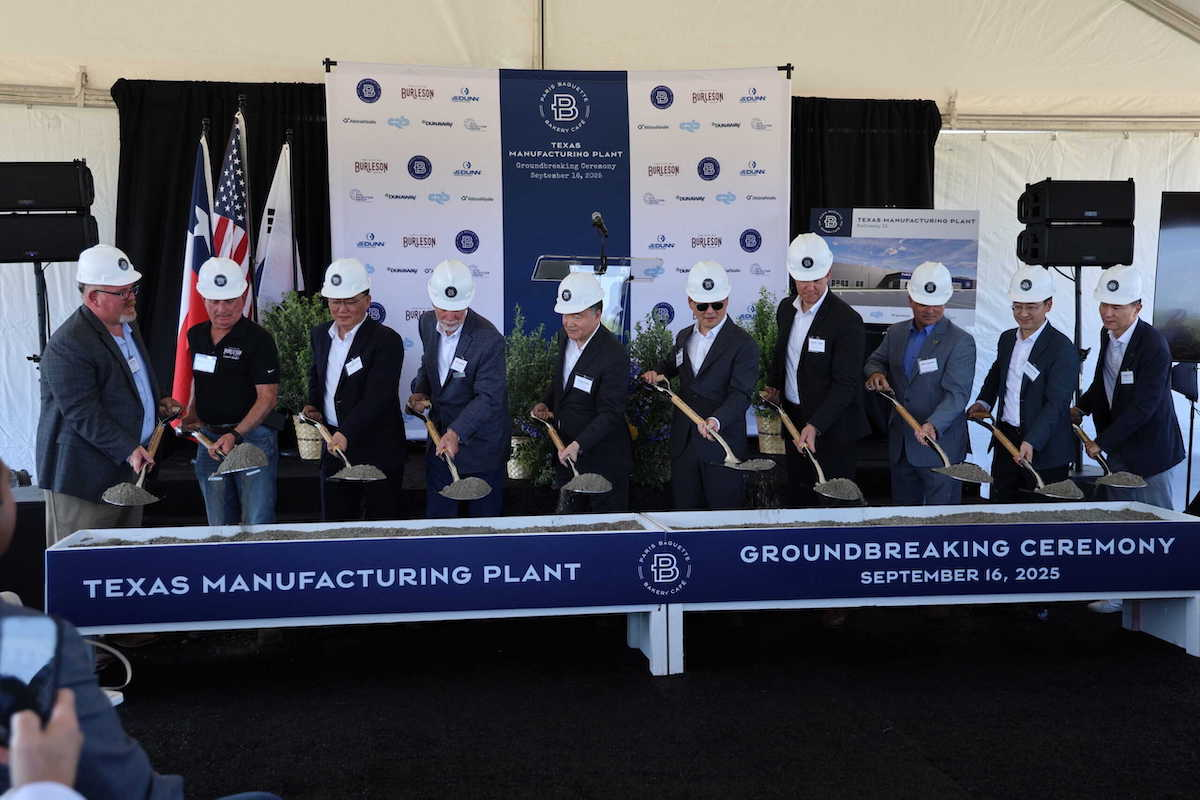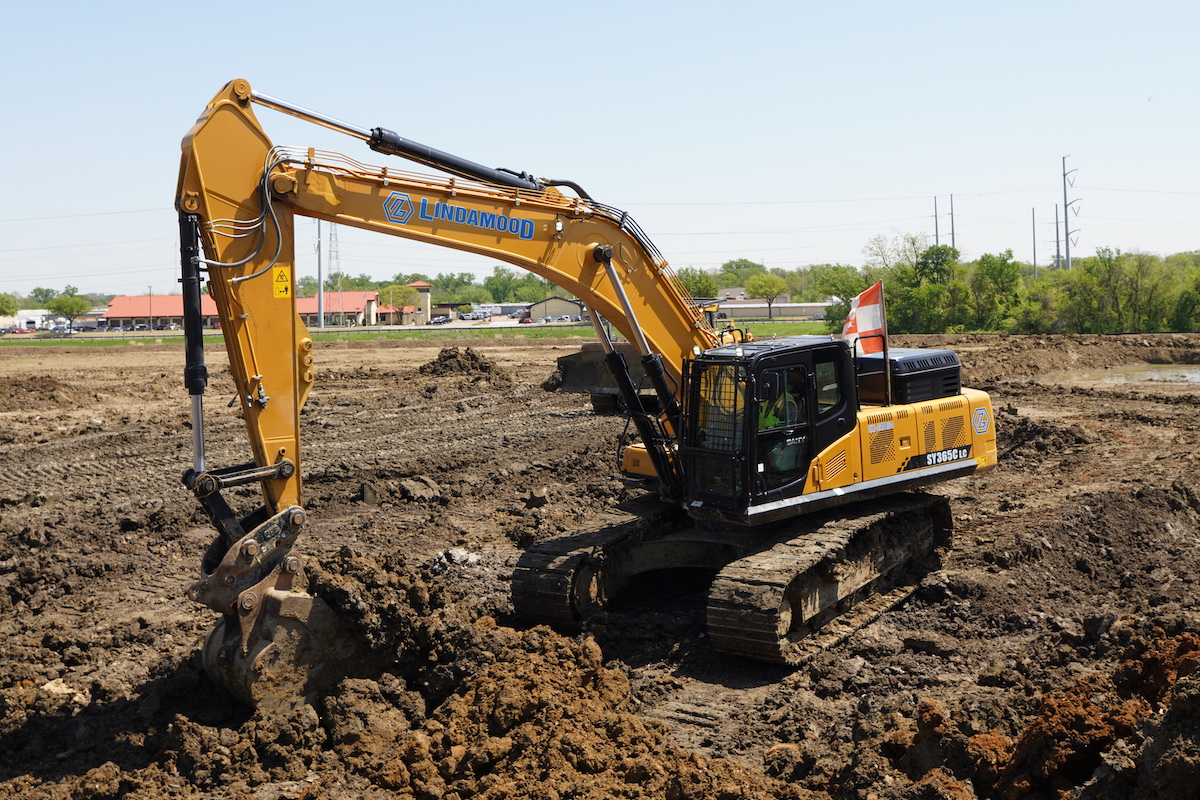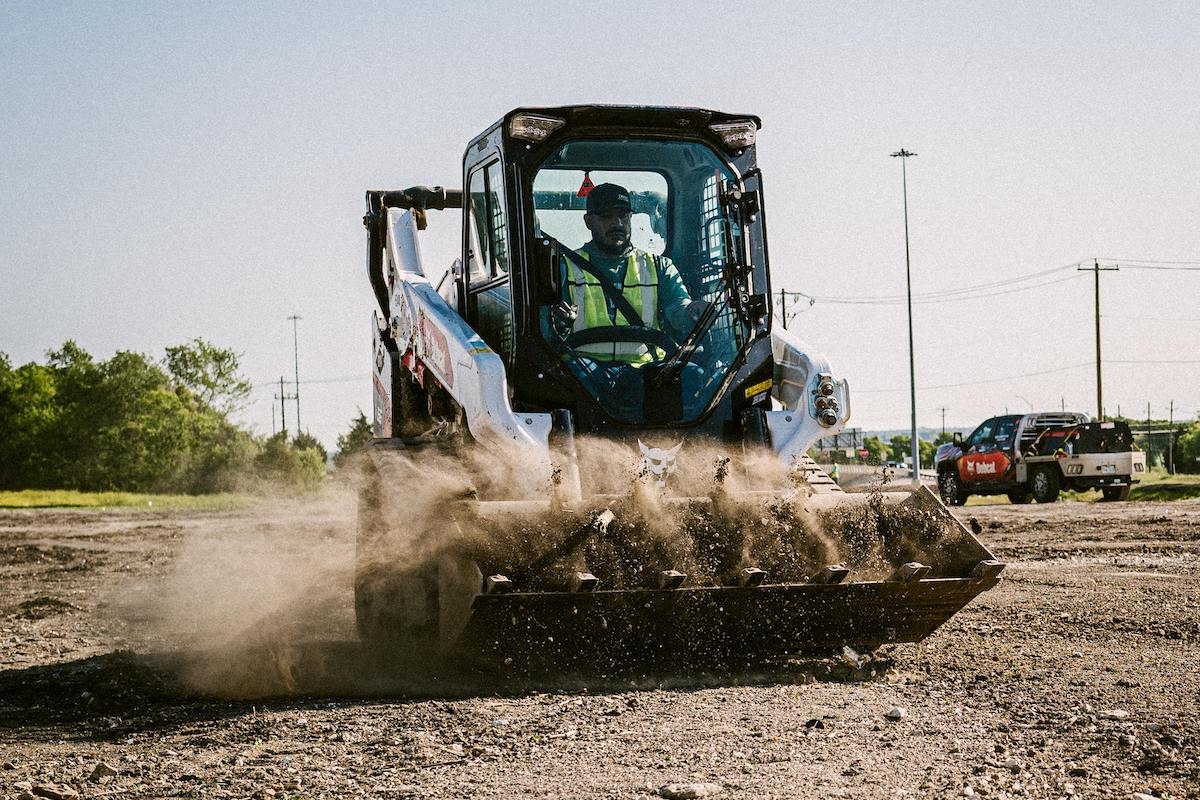Amid its trials, the year’s uncertainty drove contractors to think differently about the way they operate and get creative to maneuver their businesses and keep working. The equipment rental industry shared the ups and downs of the construction industry at large, but the rental option proved to be a valuable tactic for contractors reworking strategies on the fly.
No two industry segments fared exactly alike this year, but the spotlight shined on rental equipment in the markets surveyed this year revealed some of its biggest benefits, ones that may very likely continue to play a vital role in contractors’ business plans in 2021 and years to come.
A surprising bright spot in the construction industry in 2020 has been the housing segment. Though it rode the rollercoaster of highs and lows like all other markets, housing ended the year with significant net gains. The explosion of activity, driven in part by favorable interest rates, has made for an upward trend in the latter half of the year that seems poised to continue.
Contractors in the homebuilding segment report a strong backlog and an encouraging outlook in the late stages of the year. The big unknown, of course, is when and whether it will slow back down, and that means more builders are taking a conservative approach to managing equipment fleets. Given these market dynamics, rental equipment provides customers the ability to be better positioned for future changes without sacrificing their ability to meet today’s demand.
On the other end of the spectrum, the energy industry offered its share of surprises for opposite reasons. This year’s disruption of energy markets proved particularly challenging for customers working in this segment.

| Your local Atlas Copco CMT USA dealer |
|---|
| Bane Machinery |
| Closner Equipment Co Inc |
| Central Texas Equipment |
| Cooper Equipment Co |
| Romco Equipment Co |
Contractors in the oil industry felt the impact of a sudden and rapid drop in demand for oil. As a result, oil companies were forced to enact a very conservative business approach, paring down equipment fleets, quickly returning rental units that were no longer needed, and nixing upcoming rentals and purchases. Though it meant a flood of suddenly unneeded machines back on rental equipment lots, it was the flexibility of rental in action.
The infrastructure segment served as a middle ground of sorts, bridging the highs and lows across the industry. Even amid the initial impact of COVID-19 in the spring, jobs already underway were still expected to be complete, and for some contractors, that meant a healthy backlog of work for the foreseeable future.
Additionally, project funding issued through the federal Airport Improvement Program (AIP) bolstered backlogs and was a particularly bright spot within the segment. Though it’s not the long-awaited, long-argued infrastructure bill, the AIP allocated more than $3 billion to airports around the country for improvement projects in Fiscal Year 2020.
Infrastructure’s general positivity comes along with a shorter job outlook for contractors, who simply can’t be sure of what work will come next. But in handling that limited foresight, rental again proves valuable, allowing customers options to meet the needs of current jobs without gambling on an unknown future.
Ultimately, what 2020 showed was the resiliency of construction contractors, their commitment to both getting jobs done and keeping people employed and working. It was a reminder that in an environment like this, it’s no longer about having the biggest, shiniest fleet of equipment, it’s about having the right machines for the job at hand and being prepared to adjust for whatever job may come next. Rental’s role in such a plan can be cemented through three of the most significant advantages it offered in 2020.

| Your local Liebherr Construction Eq dealer |
|---|
| Nueces Power Equipment |
While there are many reasons to wave a hearty goodbye to 2020, we’ve learned a lot about the value of flexibility and adaptability in the construction industry in the last year. And though we don’t know exactly what 2021 has in store, we know the place rental has earned in contractors’ business toolkits, whatever the future may bring.







































































